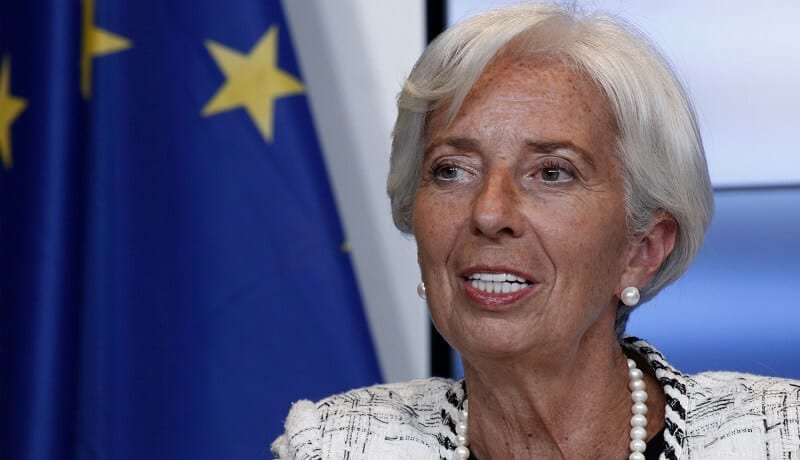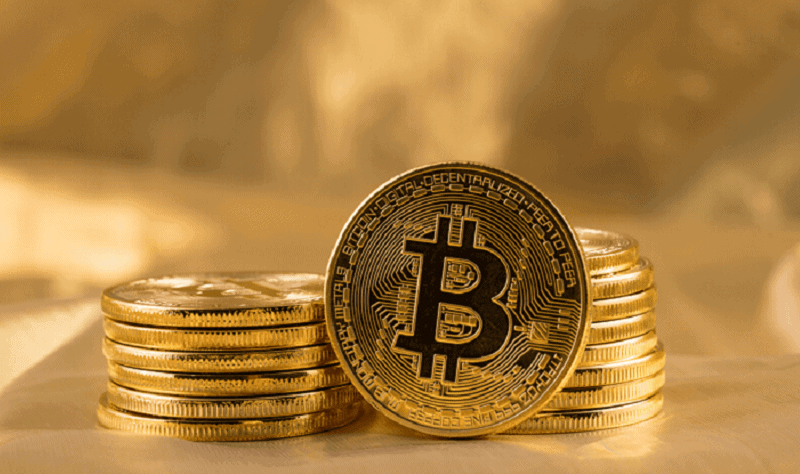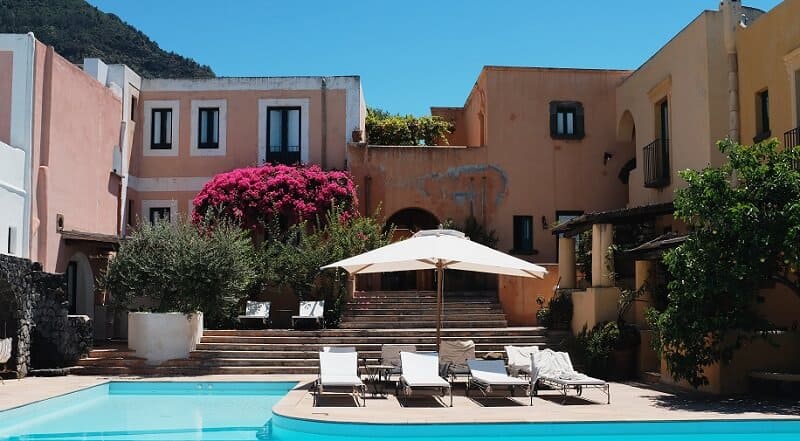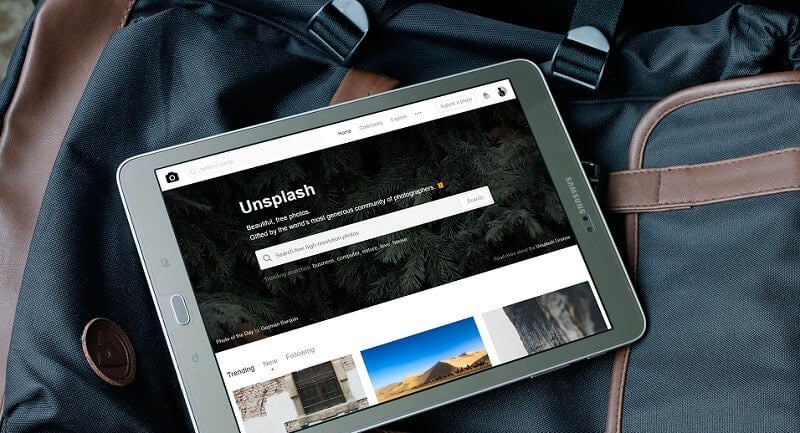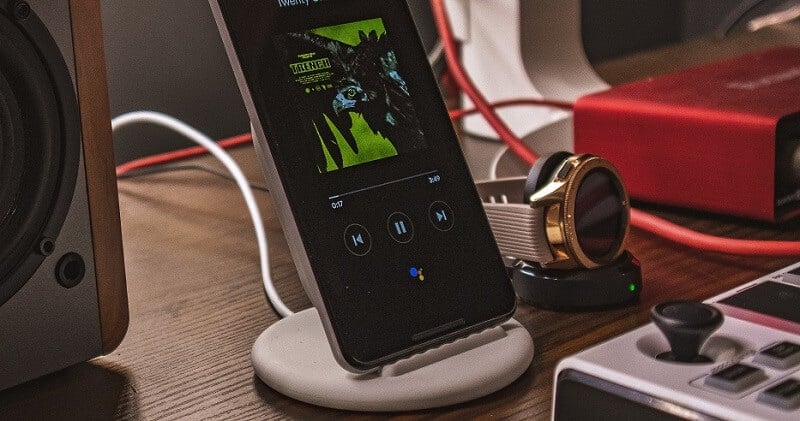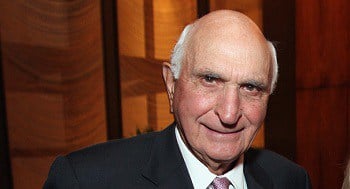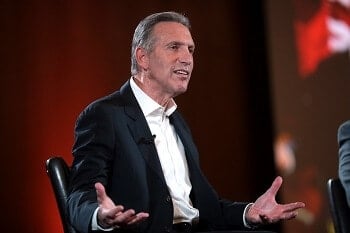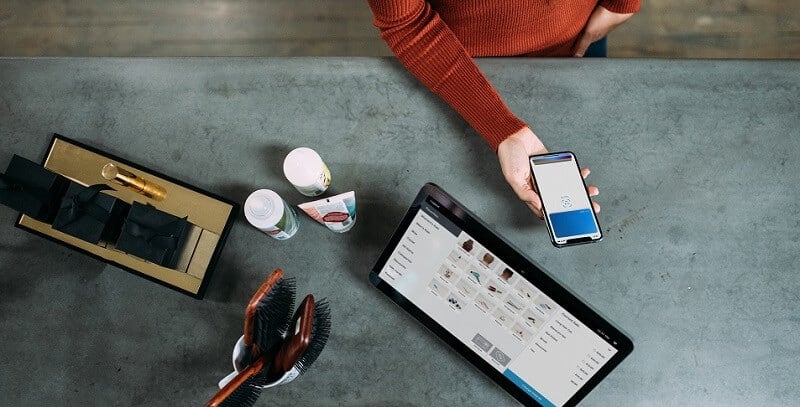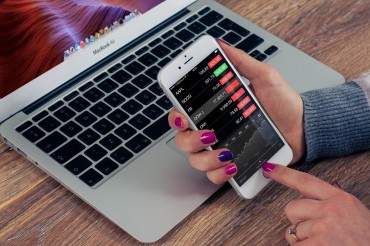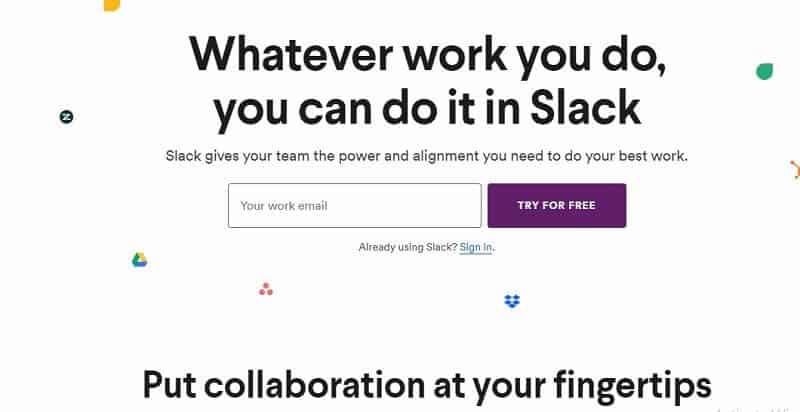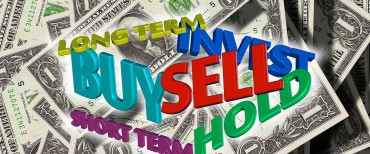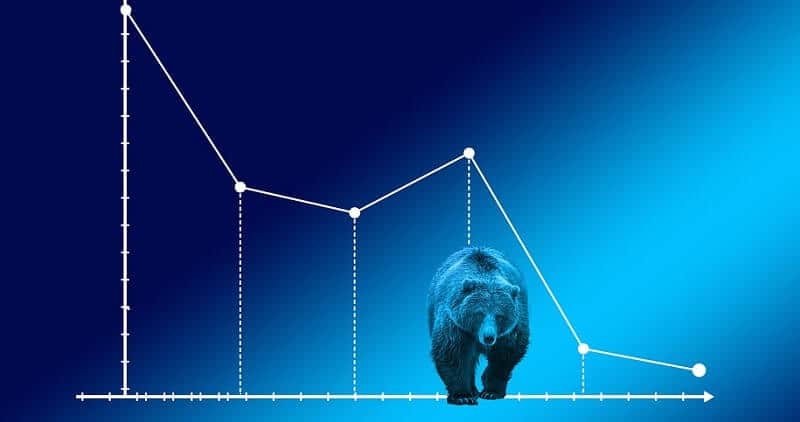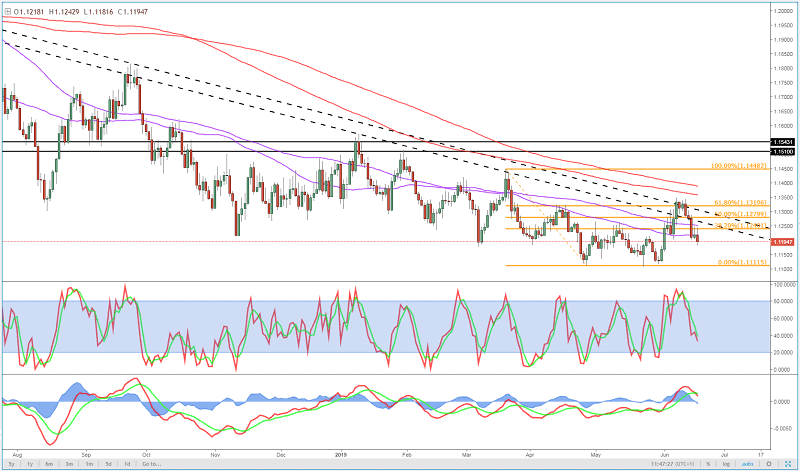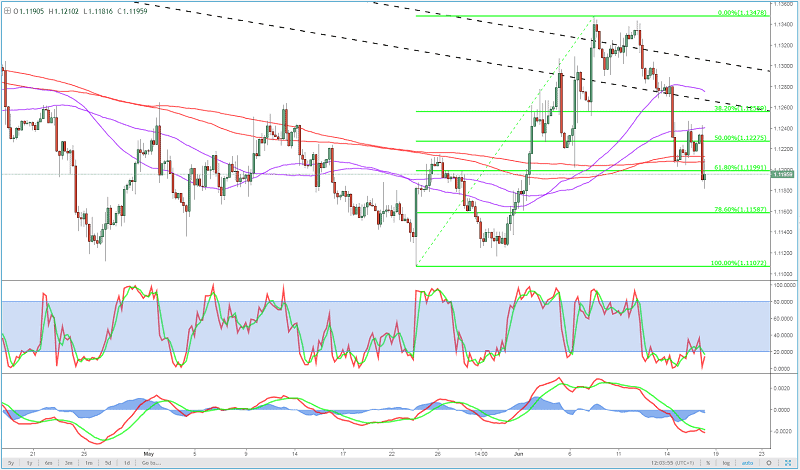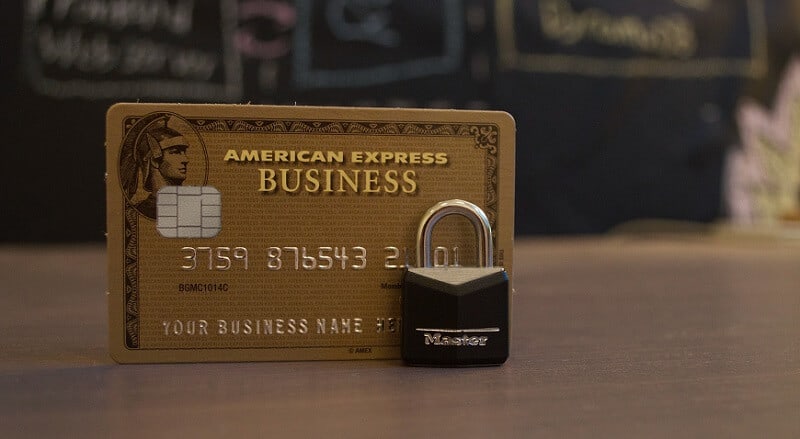
A prepaid card works like a debit card, but without risks and the bank account
By Guy Avtalyon
Prepaid cards are similar to debit cards. This means, prepaid cards seem like credit cards and use as credit cards. But the main difference is there’s no credit behind. When using the prepaid cards you are spending your own money, banks will not grant you to spend their money. So, in essence, they are debit cards.
However, there is one difference. It isn’t needed to have a bank account to have a prepaid card. All you have to do is to download a certain amount of money straight onto the card. And you can use your prepaid card for purchasing and payments.
When the balance on the card drops low, you have to reload more money.
You can use your prepaid card everywhere, just like any card. You can pay bills, buy in the shops.
The fees retailers pay to receive prepaid cards are lower than for credit cards, you will often find, for example, the shops that are receiving the prepaid cards rather than credit cards.
Prepaid cards are a good option instead of credit cards.
Moreover, prepaid cards allow the comfort of shopping without the troubles of administering with a bank. You may deposit your paycheck direct onto your prepaid card.
They were basically invented for people with bad or non-exciting credit history. This kind of card is a great choice for people with credit problems. The other advantage for all of you, who are not sure how should you spend your money, is that the prepaid card expires when the preloaded money runs out.
It is a very helpful first card for youngsters or for someone who is recovering from debt.
There is no credit check, hence, it will not help you develop credit. The outgo on prepaid cards is not traced by credit bureaus.
Seek for characteristics that satisfy your needs.
Amazing, prepaid cards allow you to pay bills online by setting up automated monthly payments. Some will allow you to withdraw money from an ATM.
To manage your account online, you can use some app available for desktop or even mobile.
“Seventy percent of general prepaid card users use mobile to check balances and transaction history and receive text alerts,” said Bill McCracken, CEO of Synergistics. “So mobile capability in a prepaid card is very important.”
Opportunities to put more money on your card are growing.
You can transfer money from your bank account if you have one.
Your company can deposit your paycheck directly onto your prepaid card.
Money transfer from a PayPal account, for example, is so easy.
If the balance on your prepaid card is too low you can reload by using a reload card.
Moreover, as we mentioned before, there is no need to pay interest on a prepaid card. On the other hand, with a credit card, you have to pay. Instead, you will pay fees.
Prepaid cards require fees from setup to reloading. The good thing is that you can limit fees. How? Just keep a minimum balance or arrange a direct deposit.
Prepaid cards can assist you to control your money if you employ it as a budgeting tool. For example, you can load the weekly budget for shopping onto your prepaid card. When you spend all amount, your spending will be stopped immediately. Well, unless you load more money. Anyway, it will help you manage your spending by limiting costs and risks.
And, you’re protected. “While prepaid cards were developed by entrepreneurs as an alternative to banking, the funds in these accounts are almost always held by a bank or credit union and enjoy federal deposit insurance,” Richard Cordray, director of the CFPB.
Moreover, if you notify the loss or stealing of your registered card, most of the issuer will restore your balance and give you a new card. Let’s say, a prepaid card operates like a debit card, but without risks and the bank account.
Prepaid cards are good for people with bad credit. Especially when they are not accepted for a credit card. You can use a prepaid card as a method of building positive credit. If you make small payments frequently and pay them off every month, you’ll be able to show that you are financially stable. After some time this secured account can be changed to an unsecured one.



